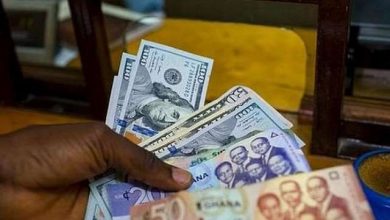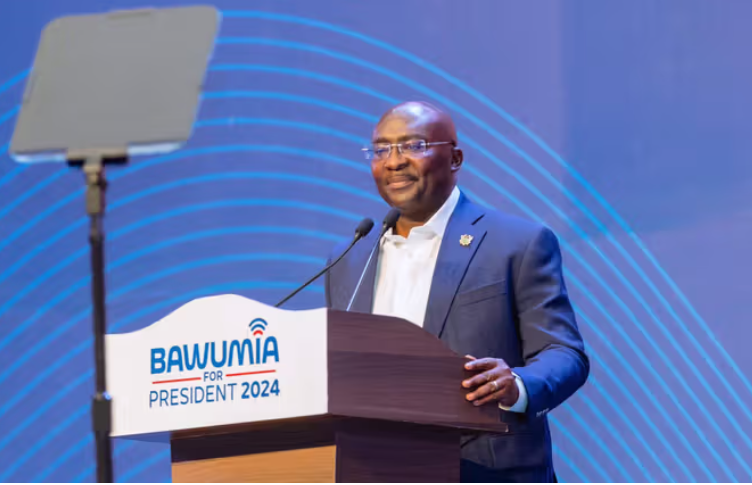COME CLEAN, TELL GHANAIANS THE TRUTH – Government Challenged Over GH¢1 Fuel Levy

The African Institute of Energy Sustainability (AIES) has called on the government to be transparent and honest regarding the newly approved GH¢1 Energy Sector Levy, popularly dubbed the “Dumsor Levy.”
Dr. Samiu Kwadwo Nuamah, Executive Director of AIES, described the levy as a deliberate smokescreen designed to create fear and confusion among Ghanaians. He questioned why the transportation sector is being disproportionately targeted with the additional charge, despite the levy being framed as a solution to Ghana’s power sector debt.
“Whenever there is a new government, citizens are frightened with claims of energy sector debt. This has become a recurring tactic,” Dr. Nuamah said in an interview on Adom FM’s Dwaso Nsem. “They want to create the impression that power outages are imminent to justify a new tax. But if there is a real problem in the energy sector, why does it concern transportation?” he challenged.
Dr. Nuamah urged the government to clarify the true state of affairs rather than cause panic. He suggested that gains in the Ghanaian cedi’s value have led to fiscal shortfalls in some areas and surpluses in others, prompting the government to seek new revenue streams.
“This levy will inevitably lead to higher fuel prices, which will ripple through the economy, raising costs in food, transportation, and household expenses,” he warned.
While acknowledging the legitimate challenges posed by Ghana’s energy sector debt—attributed primarily to structural inefficiencies, Dr. Nuamah emphasized that equitable reforms are preferable to imposing broad-based taxes.
The remarks come shortly after Parliament passed the Energy Sector Levies (Amendment) Bill, 2025, which includes a GH¢1 increase on petroleum product levies. Finance Minister Dr. Cassiel Ato Forson explained that the revenue generated will contribute to settling $3.1 billion in outstanding energy sector arrears and fund fuel procurement for thermal power generation in 2025.
Source:NKONKONSA.com





